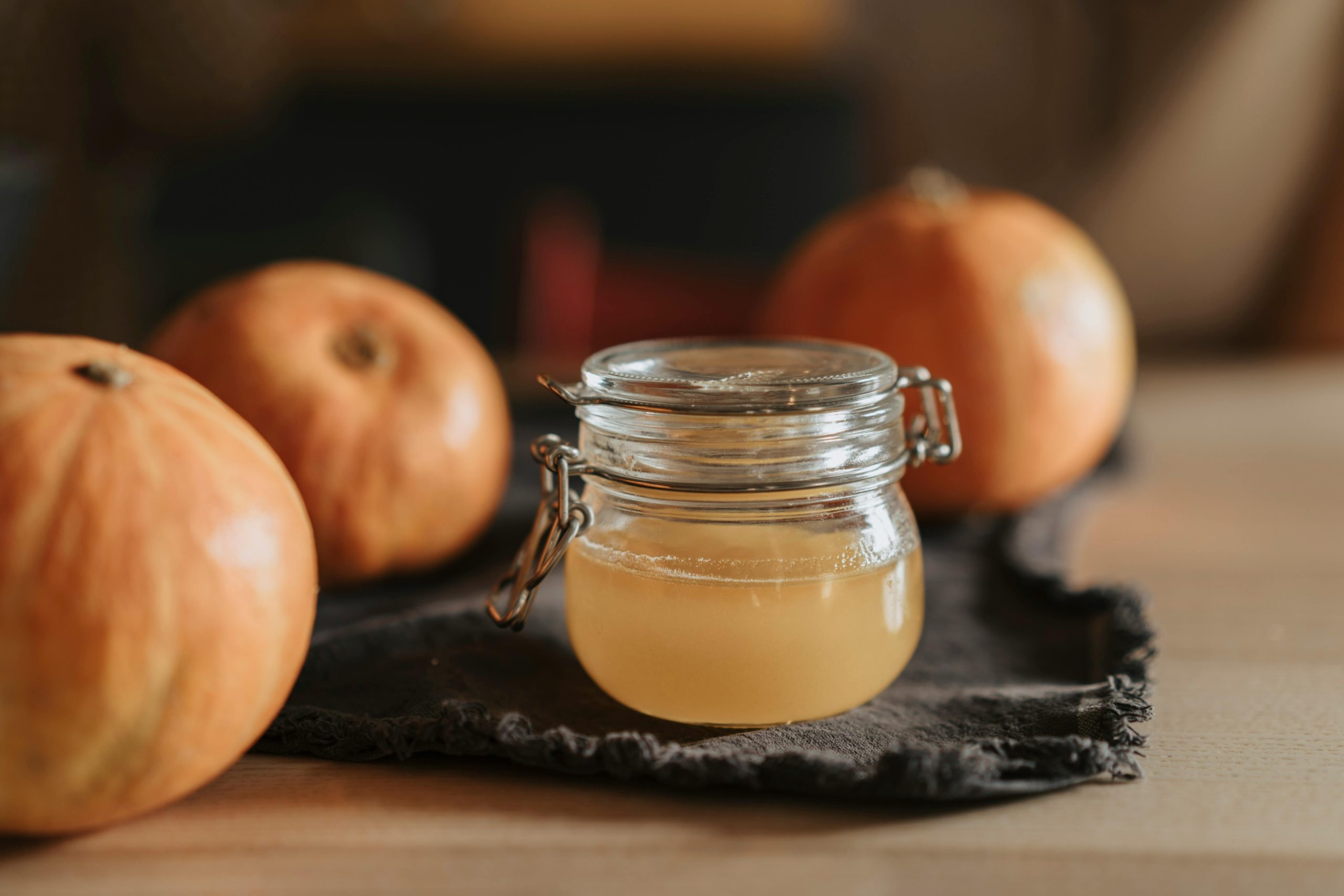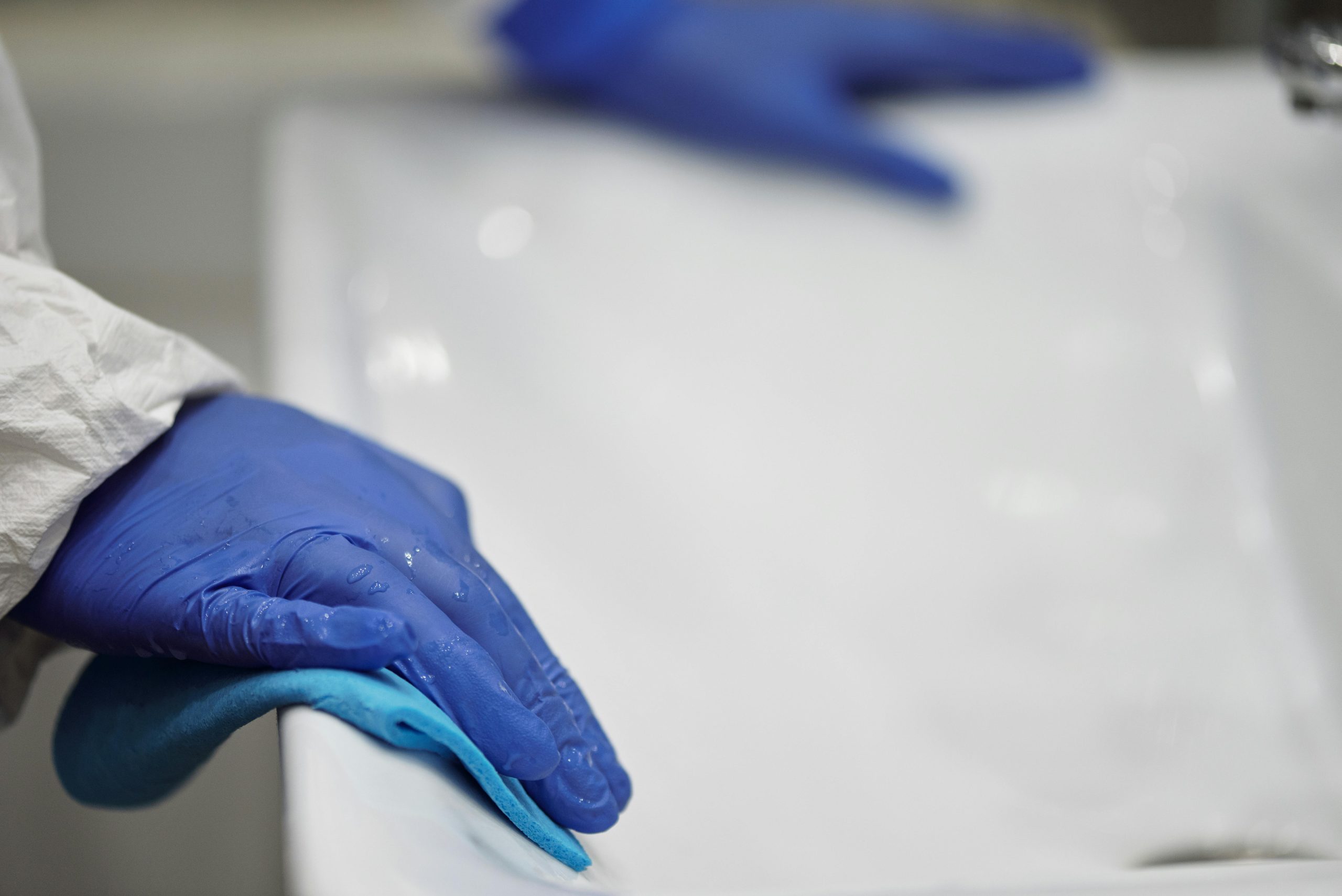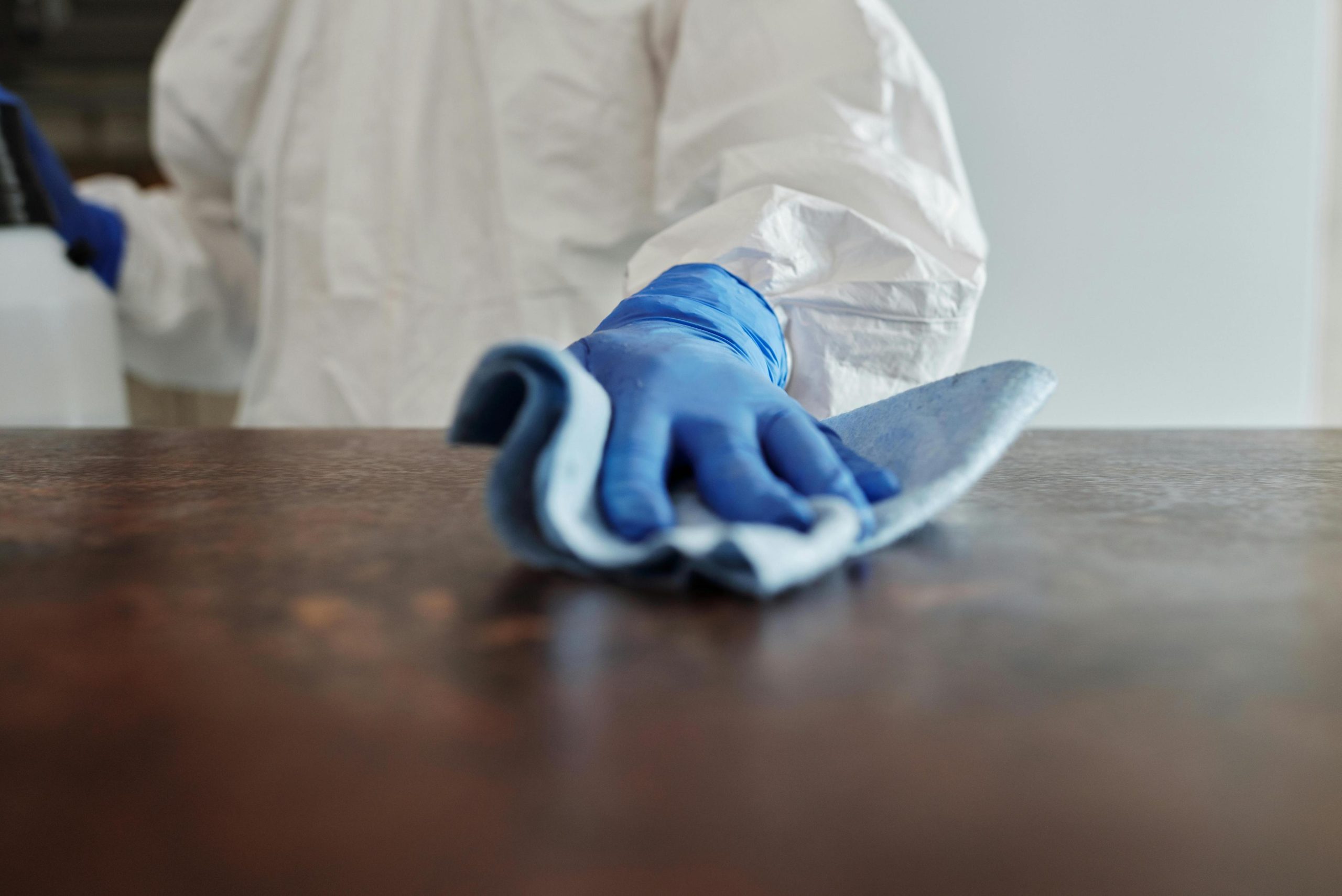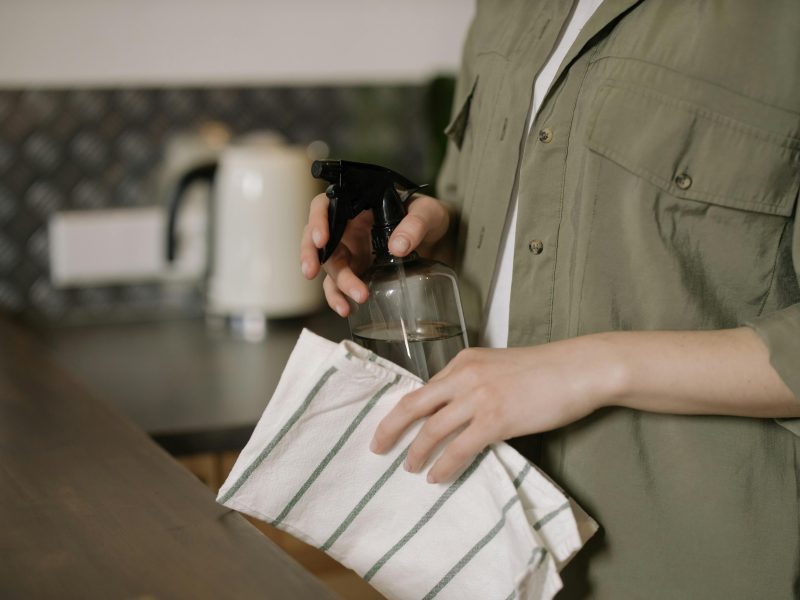Vinegar is one of the most versatile and eco-friendly cleaning tools you can keep in your home. Affordable, safe, and widely available, vinegar can tackle grease, stains, odors, and even bacteria. Knowing how to clean with vinegar effectively allows you to maintain a sparkling home without harsh chemicals. In this article, we’ll explore practical methods, recipes, and tips for cleaning every area of your home with vinegar.
Why Vinegar Works for Cleaning

Vinegar contains acetic acid, which gives it natural antibacterial and antifungal properties. Its acidic nature also helps break down mineral deposits, dissolve grease, and remove odors. While not suitable for all surfaces, vinegar can safely clean many areas when used correctly.
Benefits of Vinegar for Cleaning:
- Non-toxic and environmentally friendly
- Affordable and widely available
- Works on multiple surfaces, including glass, metal, and ceramic
- Helps neutralize odors and remove stains naturally
- Reduces the need for chemical cleaners, making it safer for children and pets
Essential Vinegar Cleaning Supplies
Before you start, gather the necessary supplies to clean with vinegar efficiently.
Supplies You’ll Need:
- White distilled vinegar (most common for cleaning)
- Spray bottles for easy application
- Microfiber cloths or reusable cleaning rags
- Baking soda for scrubbing stubborn stains
- Warm water for diluting vinegar
- Optional: essential oils for fragrance
Tip: Always test vinegar on a small, inconspicuous area of delicate surfaces to ensure it does not cause damage.
Vinegar Cleaning Solutions
Depending on the task, you can mix vinegar with other ingredients to enhance its cleaning power.
Basic Cleaning Solution:
- 1 cup vinegar
- 1 cup warm water
Heavy-Duty Degreaser:
- 1 cup vinegar
- 1 cup water
- 1 tablespoon liquid dish soap
Odor Eliminator:
- 1 cup vinegar
- 1 cup water
- 5–10 drops of lemon or lavender essential oil
Glass Cleaner:
- 1 part vinegar
- 1 part water
How to Clean Your Kitchen with Vinegar
The kitchen is often the busiest room in your home, where grease, food stains, and odors accumulate.
Kitchen Cleaning Tips:
- Countertops: Spray diluted vinegar solution and wipe with a microfiber cloth. Avoid natural stone surfaces like granite or marble, as vinegar may etch them.
- Sinks: Pour undiluted vinegar on stainless steel sinks to remove water spots and shine.
- Microwave: Heat a bowl of water with 1/4 cup vinegar for 5 minutes, then wipe down the interior to remove food splatters.
- Refrigerator: Mix vinegar and water to wipe shelves and drawers, helping to neutralize odors.
- Dishwasher: Pour 1 cup vinegar in the bottom of the empty dishwasher and run a hot cycle to remove buildup and freshen.
How to Clean Your Bathroom with Vinegar

Bathrooms are prone to mold, mildew, and soap scum. Vinegar is ideal for keeping your bathroom clean naturally.
Bathroom Cleaning Tips:
- Shower Doors: Spray undiluted vinegar on glass doors and wipe with a microfiber cloth to remove water stains.
- Tile Grout: Apply vinegar and let it sit for 5–10 minutes, then scrub with a toothbrush.
- Toilet Bowl: Pour 1 cup of vinegar into the bowl, let it sit for 15 minutes, scrub, and flush.
- Mirrors: Use a 1:1 water-vinegar solution for streak-free shine.
- Faucets and Fixtures: Wipe with undiluted vinegar to remove mineral deposits and restore shine.
Cleaning Floors with Vinegar
Vinegar works well for most hard floors but should be avoided on natural stone.
Floor Cleaning Tips:
- Tile and Vinyl: Mix 1/2 cup vinegar with 1 gallon of warm water. Mop as usual.
- Laminate: Use a lightly damp cloth with diluted vinegar to avoid excess water that can damage seams.
- Hardwood: Vinegar can be used sparingly with water, but avoid soaking; always wipe dry immediately.
Removing Odors and Stains
Vinegar is excellent for tackling stubborn smells and minor stains.
Tips for Odor Removal:
- Carpets and Rugs: Sprinkle baking soda, spray a 1:1 vinegar-water solution lightly, let sit, then vacuum.
- Pet Odors: Apply vinegar solution on affected areas to neutralize smells.
- Trash Cans: Wipe down with undiluted vinegar to disinfect and remove odors.
Stain Removal Tips:
- Coffee and Tea Stains: Apply vinegar and let sit for 5–10 minutes before rinsing.
- Rust Stains: Use vinegar-soaked cloths on metal surfaces, then scrub gently.
- Clothing: Pre-soak white fabrics in a 1:1 water-vinegar solution before washing to remove odors and stains.
Vinegar and Appliances
Vinegar can help keep appliances clean, fresh, and functional.
Appliance Cleaning Tips:
- Coffee Makers: Run a mixture of 1 part vinegar to 1 part water through a brewing cycle, then rinse thoroughly.
- Kettles: Fill with vinegar-water solution and boil to remove limescale.
- Washing Machines: Add 2 cups vinegar to a hot cycle to remove odors and buildup.
- Refrigerators: Wipe interior shelves with diluted vinegar solution to remove food odors.
Safety Tips When Cleaning with Vinegar
While vinegar is generally safe, non-toxic, and eco-friendly, it is still an acidic solution. Using it improperly can damage surfaces, irritate skin, or create harmful reactions. Following these safety guidelines ensures effective cleaning while protecting your home and family.
Safety Guidelines:
- Avoid Natural Stone Surfaces: Vinegar’s acidity can etch and dull natural stones such as marble, granite, limestone, and travertine. Use pH-neutral cleaners specifically designed for these surfaces to prevent permanent damage.
- Never Mix with Bleach or Other Chemicals: Combining vinegar with bleach creates toxic chlorine gas, which can irritate the eyes, lungs, and skin. Similarly, avoid mixing vinegar with hydrogen peroxide in the same container, as it can create harmful chemical reactions.
- Protect Your Skin: Prolonged contact with undiluted vinegar can cause dryness or mild irritation. Wear rubber or latex gloves when scrubbing with vinegar or handling concentrated solutions.
- Use Proper Ventilation: Vinegar fumes can be strong, especially in small or enclosed spaces. Open windows or use fans when cleaning bathrooms, kitchens, or other areas to ensure fresh airflow and reduce odor exposure.
- Store Safely: Keep vinegar and prepared cleaning solutions out of reach of children and pets. Label spray bottles clearly to prevent accidental ingestion or misuse.
- Test Surfaces First: Before applying vinegar to painted surfaces, metals, or delicate finishes, test it in a small, hidden area to ensure it doesn’t cause discoloration or corrosion.
- Avoid Excess Moisture on Sensitive Floors: Hardwood, laminate, and other moisture-sensitive flooring can warp if vinegar solution is over-applied. Use a lightly dampened cloth or mop and dry surfaces immediately.
By following these safety tips, you can harness vinegar’s natural cleaning power without risking damage to your home or your health, making it a reliable and sustainable alternative to harsh chemical cleaners.
Incorporating Vinegar into Your Cleaning Routine
Creating a cleaning schedule using vinegar ensures your home stays consistently clean.
Routine Ideas:
- Daily: Wipe countertops and high-touch surfaces with a diluted vinegar solution.
- Weekly: Clean bathroom surfaces, mirrors, and kitchen sinks.
- Monthly: Deep clean appliances, floors, and odor-prone areas.
- Seasonally: Use vinegar as part of a full deep cleaning checklist to refresh your home thoroughly.
Tip: Combining vinegar cleaning with microfiber cloths and natural scrubbing tools maximizes results without chemicals.
Eco-Friendly Cleaning Benefits
Using vinegar as a cleaning agent offers multiple environmental and health advantages. Unlike many commercial cleaners, vinegar is natural, non-toxic, and biodegradable, making it a safer option for your home and the planet.
Key Benefits:
- Reduced Chemical Exposure: Vinegar eliminates the need for harsh chemical cleaners, which can irritate skin, eyes, and respiratory systems. This is especially important in homes with children, pets, or individuals with allergies or asthma.
- Less Plastic Waste: Many conventional cleaning products come in single-use plastic bottles. By using vinegar—often stored in reusable containers—you can significantly reduce your household plastic consumption.
- Biodegradable and Non-Polluting: Vinegar naturally breaks down in the environment, unlike many synthetic cleaning chemicals that can contaminate water systems and harm wildlife.
- Cost-Effective: Vinegar is inexpensive and versatile, capable of replacing multiple specialty cleaners, including glass cleaner, surface disinfectants, and deodorizing sprays. This makes it both an economical and eco-friendly option.
- Multi-Surface Use: From countertops and sinks to windows and floors, vinegar can clean and deodorize a wide range of surfaces, reducing the need for multiple, chemically intensive products.
- Sustainable and Readily Available: Vinegar is widely available and produced from renewable resources like fermented grains or fruits, making it a sustainable alternative for long-term use.
Tip: Pair vinegar with other natural ingredients like baking soda, lemon juice, or essential oils to enhance cleaning power while maintaining an environmentally friendly routine.
By integrating vinegar into your cleaning routine, you can maintain a sparkling, healthy home while actively contributing to a greener, more sustainable lifestyle.
Conclusion
Cleaning with vinegar is simple, effective, and versatile. From kitchen counters and bathroom tiles to floors and appliances, vinegar helps remove stains, odors, and buildup without harsh chemicals. By creating a routine that incorporates vinegar cleaning and combining it with other natural products like baking soda, you can maintain a sparkling, healthy home. Always follow safety precautions and avoid surfaces that may be damaged by acidity. With consistent use, vinegar becomes a central part of an eco-friendly and cost-efficient cleaning strategy.


